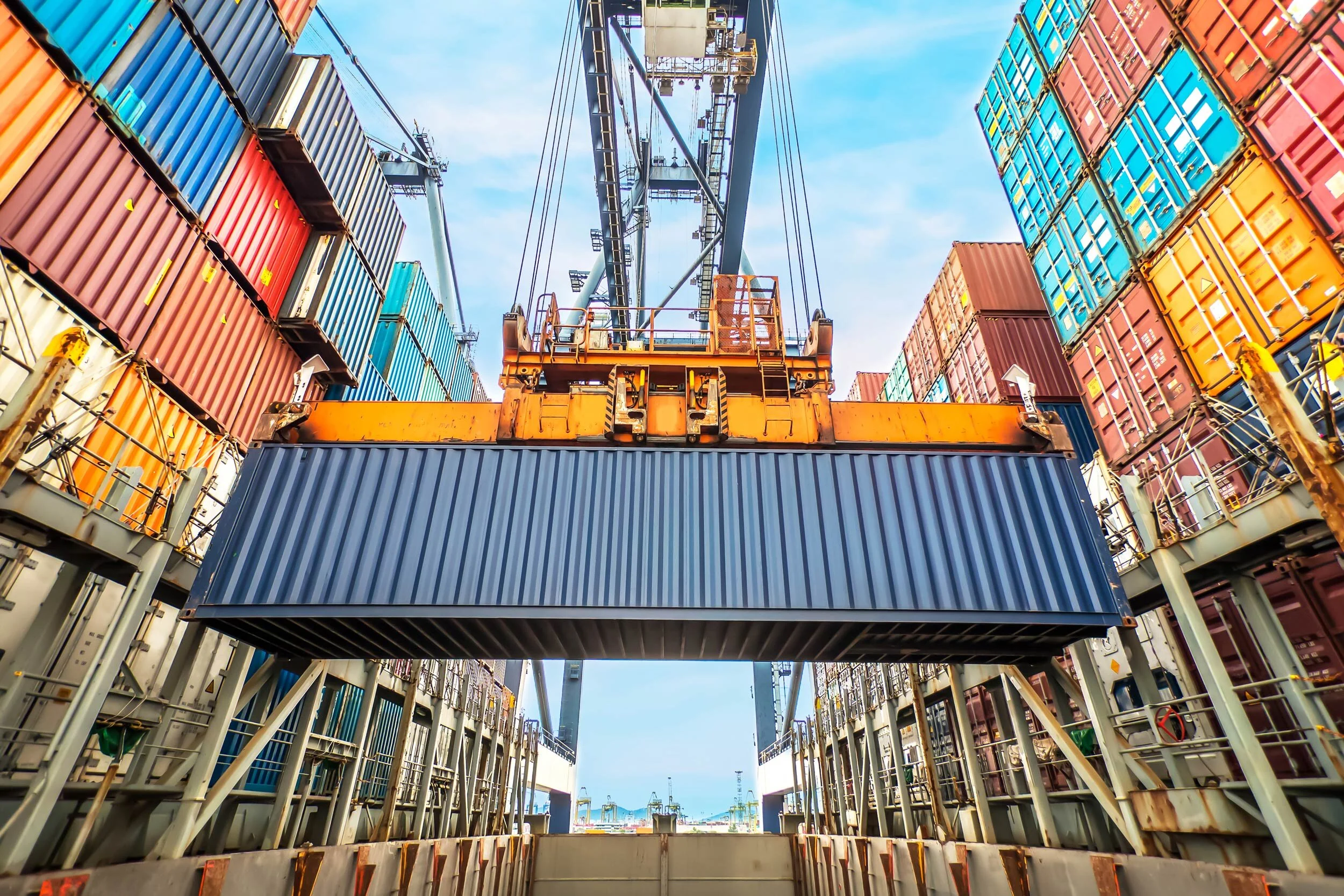CFL Cargo
Mission
The management of CFL cargo commissioned STREMLER AG to support the project to achieve the following goals:
Conception and implementation of a market-oriented order and effective process execution
Ensuring efficient staff deployment for the best delivery service with a high security orientation
The company's primary goal was to generate a reasonable return while ensuring best-in-class service across Europe.
Solution and Work Process
After a two-month analysis and design phase, the following operational measures were taken:
Design and implementation of a market oriented, highly reactive order processing and business process-model
Establishment of a Cargo Planning & Control Center Europe
CPC (Central Planning Center) responsible for train traffic planning based on customer needs and resource requirements planning (employees, locomotives, wagons, train paths)
ELS (operations control center) responsible for the detailed control and scheduling of traffic and resources on a daily basis
Efficient staff deployment for service oriented culture with a high security orientation
Transformation management of the organization and realization of the KPI improvements
The close support of the employees and know-how transfer by STREMLER led to a high acceptance of the new organisation and comprehension of the optimized processes along the supply chain.
Results
Just a few months after the start of the project, the implementation of jointly adopted, concrete measures to achieve a sustainably positive operating result began. Consistent implementation as part of the reorganization and realignment of the process organization resulted in savings of several million euros while increasing sales. Quantitative results have been closely monitored and achieved in the following areas:
Personal cost -20%
Traction cost -20%
Wagon cost -15%
Further potentials were identified during the project, which are largely directly related to the progressive automation of processes and monitoring of functions. All other goals such as reducing traction costs and wagon costs were also achieved. The punctuality of the trains was increased despite the increase in transport performance. Automation will also open up further potential. Customer satisfaction has been significantly improved.
Fernand Rippinger
CEO
“Only with the STREMLER project it was possible to transform a classic railway company into an international, logistically based transport company"










